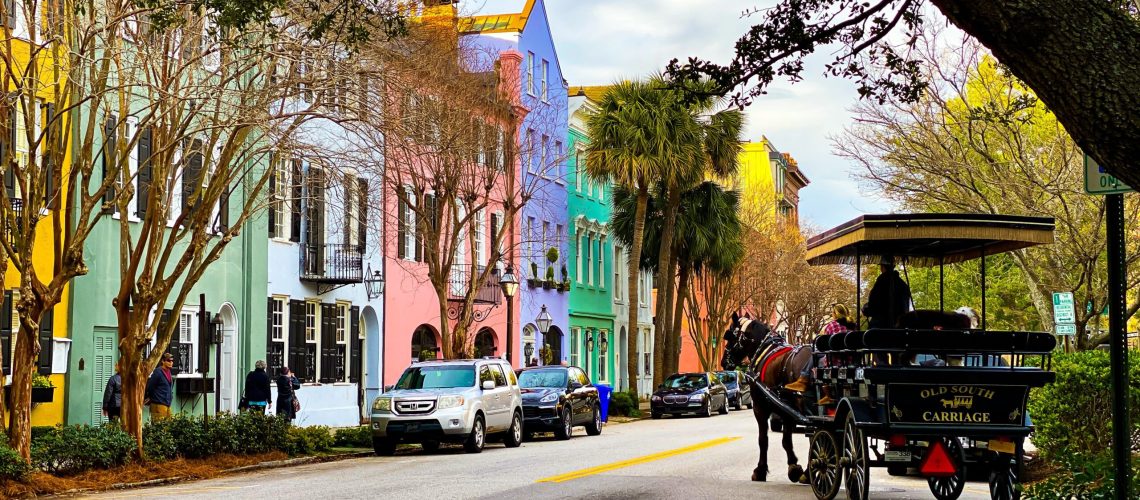South Carolina has had some strange laws in its books. After all, we’re one of the original 13 colonies so our law books go way back. Of course, many of the crimes that were once enforceable, or at least defined, no longer apply. Musical instruments for example may not be sold on Sunday. Horses cannot be kept in bathtubs and historically horse theft is a hangin’ offense. And, it is technically an offense to get a tattoo.
Some laws come and go, but others are here to stay. South Carolina has quite a few laws in place that make specific acts of theft illegal. Just to clarify, theft (larceny) is illegal but there are a few extra definitions in South Carolina’s statutes that expand that definition. Check out the rest of this article to find out what you can’t steal in The Palmetto State.
Crude… what?
‘Whoever shall steal any crude turpentine of the value of five dollars, whether dipped or scraped from the trees or not or whether barreled or not, from any place whatsoever shall be guilty of a misdemeanor and, on conviction thereof, shall be punished by a fine of not more than one hundred dollars or imprisonment not exceeding thirty days.’
Okay, so what is turpentine? Turpentine is an oil collected from the resin of trees, like the various pine trees throughout the state. After the resin has been processed it can be used in paints and in chemical processes.
As far as we can tell this specific law has been on the books since at least the late 1800s but it’s probably been around in one form or another for much longer. Turpentine harvesting is probably past its heyday, at least in terms of the average Joe being able to steal it from an unsuspecting property owner. South Carolina might be the last state in The Union to have this distinct form of theft defined in its laws.
Fishy Business
Per South Carolina state laws it is unlawful to steal, damage, vandalize, transfer, or poison the product or facilities of an aquaculture operation. In other words; don’t mess with a fish farm. South Carolina has tons of rivers, marshes, and swamps. It’s got miles and miles of coastline and lots of lakes. It’s safe to say there’s plenty of water here. Fish farming is thus a growing business. But, if you were to stumble on a fish farm one day and decided to take a couple tilapia home for dinner you could be facing some serious consequences. Finfish, shellfish, crustacean, and plant species are all protected under this statute, and taking them without authorization can be a felony.
To steal, or not to steal, that is the question…
This one might not be as surprising as the previous two but we thought it needed to be included. It is illegal to “write upon, cut, tear, deface, disfigure, soil, obliterate, break or destroy, or who shall sell or buy or receive, knowing it to have been stolen…” any work of art or literature. The same conditions apply to newspapers, maps, charts, periodicals, coins, recordings, films, and more. These protections are given to these items if they are housed or the property of museums, libraries, and exhibitions. The law further delineates the protection of these items if they are under the care of a college, university, or department of a state institute or agency.
So what happens if someone breaks this law? Well, they can be convicted of a simple misdemeanor. 30 days in jail and a fine of no more than $100. Of course, if Clemson or the University of Charleston somehow got the Mona Lisa on display at an exhibit and the painting were to be defaced, vandalized, stolen, or destroyed you can rest assured that a $100 fine will not be the only punishment thrown at the culprit.


